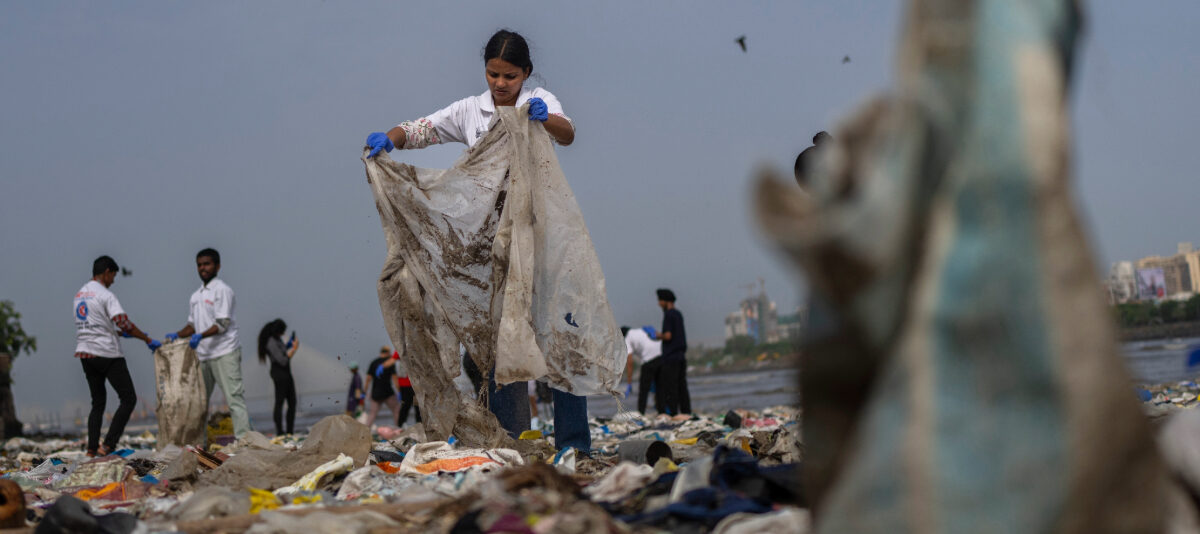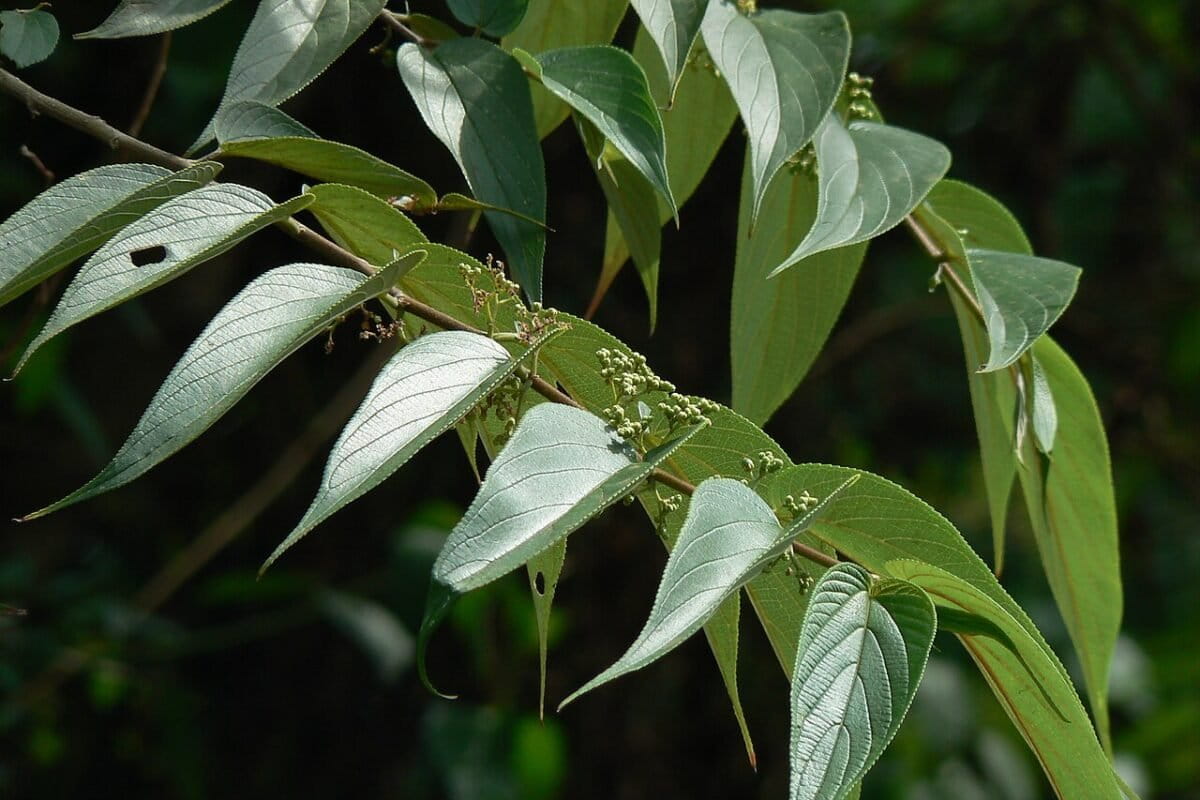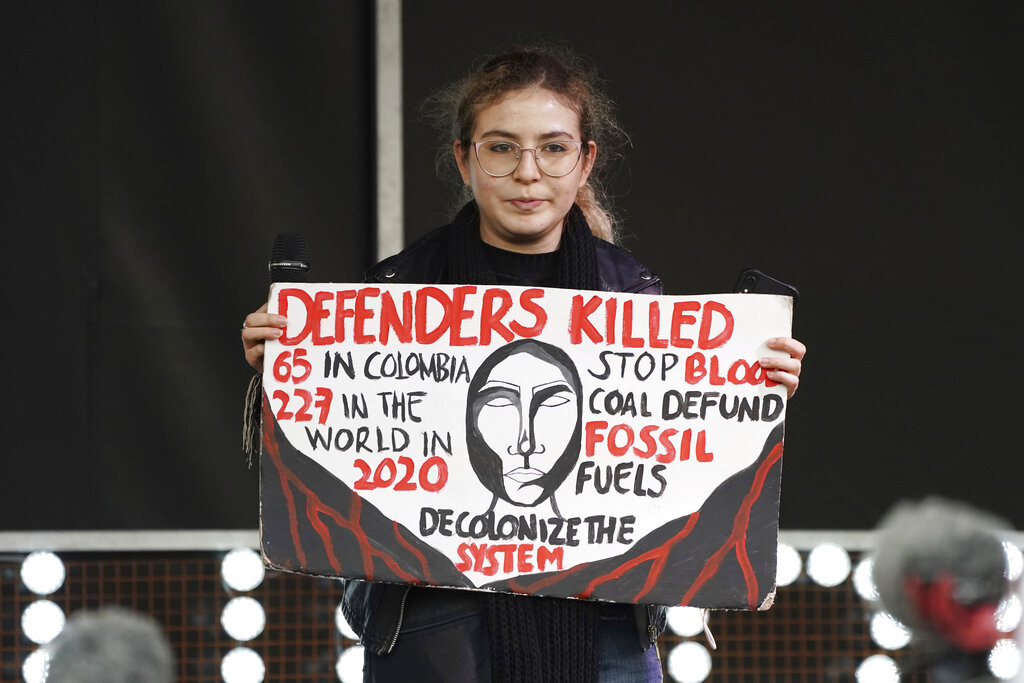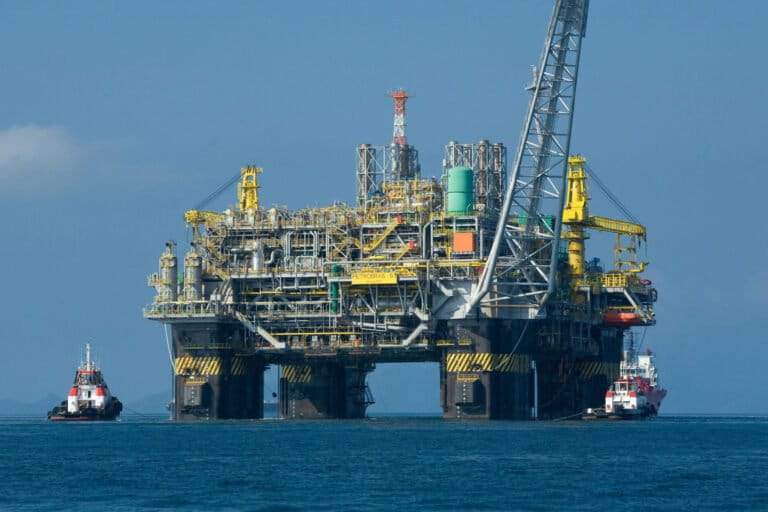The United States will forgive nearly $30 million in debt owed by Indonesia in exchange for increased protection of endangered rainforests on the island of Sumatra, reports the Wall Street Journal.
The deal is the largest debt-for-nature swap under the U.S. Tropical Forest Conservation Act — unanimously reauthorized this May by the Senate Foreign Relations Committee last week — and its first such agreement with Indonesia, which has the second highest annual loss of forest cover after Brazil. Under the terms of the pact the government of Indonesia will put $30 million into a trust over the next eight years. The trust will issue annual grants for forest conservation and restoration work in Sumatra, an island that lost nearly half of its forest cover between 1985 and 2007 as a result of logging, conversion for plantations, and forest fires.
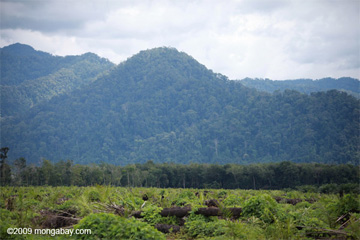 Oil palm plantation and forest in North Sumatra |
Conservation International helped organize the deal and put $1 million towards reducing the debt. $20 million came from the U.S. government under the Tropical Forest Conservation Act and another $1 million was contributed by the Indonesian Biodiversity Foundation (Yayasan Keanekaragaman Hayati Indonesia, or KEHATI).
“This is a huge boost for the people and wildlife of Sumatra, and demonstrates a forward-looking policy on the part of the US government,” Jatna Supriatna, Vice President of Conservation International Indonesia, said in a statement. “The $30 million will help protect vital habitats and will also help deliver significant social benefits for the people of the island.”
Sumatra is home to some of the world’s most endangered species, including the Sumatran rhino (Dicerorhinos sumatrensis), Sumatran tiger (Panthera tigris sumatrae), and the Sumatran orangutan (Pongo abelii). Since 1975, the extent of primary forest cover in Sumatra has decreased by more than 90 percent.
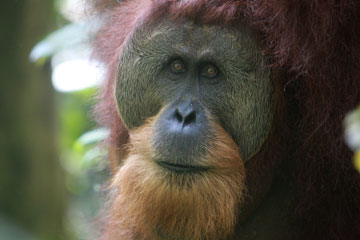 Sumatran orangutan in North Sumatra |
13 protected areas are set to benefit from the debt-for-nature swap including Seulawah Heritage Forest Leuser Ecosystem and Leuser National Park, Western Toba Watershed, Batang Toru Forest Range, Angkola Lowland Wilderness Tropical Forest Area, Batang Gadis National Park in Northern Sumatra; Siak Kampar Peninsula, Tesso Nilo Ecosystem, Bukit Tigapuluh National Park, Kerinci Seblat Ecosystem, Siberut National Park and the rest of Mentawai Archipelago in Central Sumatra; and the Bukit Barisan Selatan Forest Range and Way Kambas National Park in Southern Sumatra.



